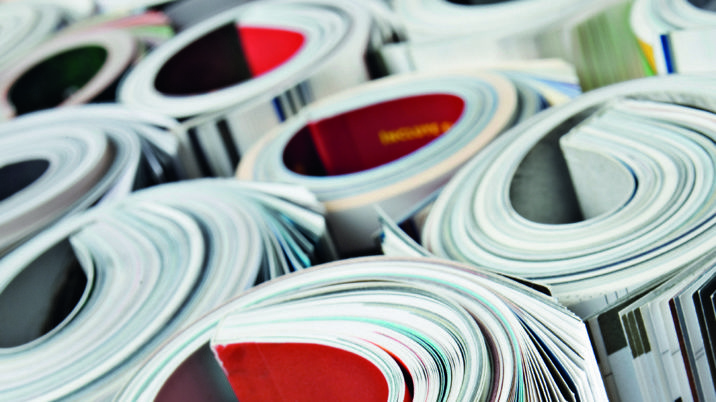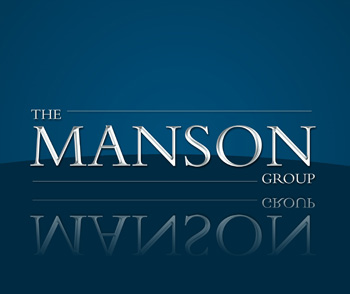
Q: Sourcing paper: what do publishers need to know?
A: As a printer, sourcing paper involves understanding the technical, ethical and environmental factors that can impact the quality and sustainability of the paper.
Publishers and printers alike should be looking at a few key factors: suitability of paper, certifications, cost, supply chain and carbon footprint.
Suitability of paper may seem odd to many publishers; ‘surely paper is paper’, but we have trialled many papers over the years and some run better than others, so it’s crucial for us to trial anything new before we leap into different paper stocks.
Certifications are a key consideration — does your printer know where the paper originated from? Ask them — they should know the answer. Is the paper FSC/PEFC accredited? These are all important factors for publishers, readers and printers.
Paper costs vary depending on quality, grade, type and source so if pricing is too good to be true, it’s sometimes wise to dig deeper and check certifications and source of origin.
Ensuring that paper suppliers have consistent availability and can deliver on time is crucial for hitting publication deadlines. Disruptions in the supply chain, such as shortages or port disruption can cause huge headaches, as seen in 2022.
In addition to certifications, publishers should assess the carbon footprint associated with the production and transportation; the latter is crucial in terms of carbon footprint which I will cover shortly.
Q: How can publishers use bulkier stocks to best advantage?
A: I get asked about different paper stocks all the time, followed by assumptions that certain papers are too light for us to print on. So, let’s destroy the myth: sheet-fed litho printers generally need bulk in the paper, this is primarily because we need to fold it off line.
We actually go down to a 60gsm LWC but the particular brand we use bulks up to nearer a 75/80gsm, so the publisher is getting a good deal whilst potentially saving on postage costs which continue to rise year on year.
Also review the type of stock you are using — an uncoated paper will bulk up far more than a silk / gloss paper, although uncoated papers are still slightly more expensive. The gap has narrowed since the paper crisis, so it may be worth considering, for example, a 100gsm uncoated would be similar bulk to a 130gsm gloss/silk.
The best thing to do is speak with your print partners and ask what options they have and get paper dummies made up for true comparisons. If you are unsure how your images will reproduce then ask the printers to run some test sections for you on the paper you are looking to move across too.
Q: What can a ‘carbon calc’ tell you about the environmental impact of a publication?
A: A ‘carbon calculator’ can be used across all industries but for publishing, it helps estimate the environmental impact of producing and distributing a publication. It will take into account type of paper used, print process, transport, packaging and the final lifecycle of the publication that will all contribute to the carbon footprint.
By using a carbon calculator for publications, we can get an estimate of the total carbon dioxide (CO2) emissions related to production and distribution; this can then be published helping publishers and printers make more sustainable choices.
Q: Are ‘press passes’ a thing of the past?
A: Press passes have reduced dramatically over the years. With digital proofing now very advanced the need is less so, however, I still believe a press pass is the right course of action for many publishers. It really does depend on the subject matter and how crucial colour is.
We produce art and fashion magazines and these generally benefit from a press pass for publishers, to get the depth of colours just right; many believe this course of action is beneficial to gain an edge over rival titles.
We have seen an uptake in recent years, potentially and ironically because of the digital world. People want to show off the publication being printed, so live video shoots are often part of the process. The key thing is to understand the client needs.
Press passes can have negative connotations with production managers at the printing factories as it can slow efficiency in a time-pressed world.
However, on a personal note, I am hopeful we will see more press passes as the relationship with printer and publisher can only help fly the flag for printed products over digital.
Q: What more can printers do to make the industry more sustainable?
A: Probably the biggest thing we can all do is buy paper from Europe reducing the carbon footprint. Paper is almost certainly a printer’s biggest cost, along with energy and wages.
All printers can probably do something; it’s more about everyone doing what they can, with the resources available to them and showing a gradual improvement over time.
Looking at all the factors mentioned above can go along way without ‘greenwashing’. It’s important to be transparent on what is achievable and what progression targets are within reach.
Q: What’s in the pipeline from The Manson Group?
A: We have made a few new purchases over the last 18 months which has helped with efficiencies from a production point of view and making us less reliable on external suppliers.
We will also continue to drive up customer satisfaction levels whilst still offering bespoke options to all clients so we can offer a real differential to the market for magazine publishers.

About us
The Manson Group produces publications for some of the UK’s smallest, and largest publishers. Established by our current owners in 1969, and based in Hertfordshire, we are setting our sights on the future by investing in a number of green initiatives, placing sustainability at the heart of our future development.
Email: cwills@mansongroup.co.uk
Tel: 01727 848 440
Blog: www.mansongroup.co.uk/blog
LinkedIn: linkedin.com/company/the-manson-group










